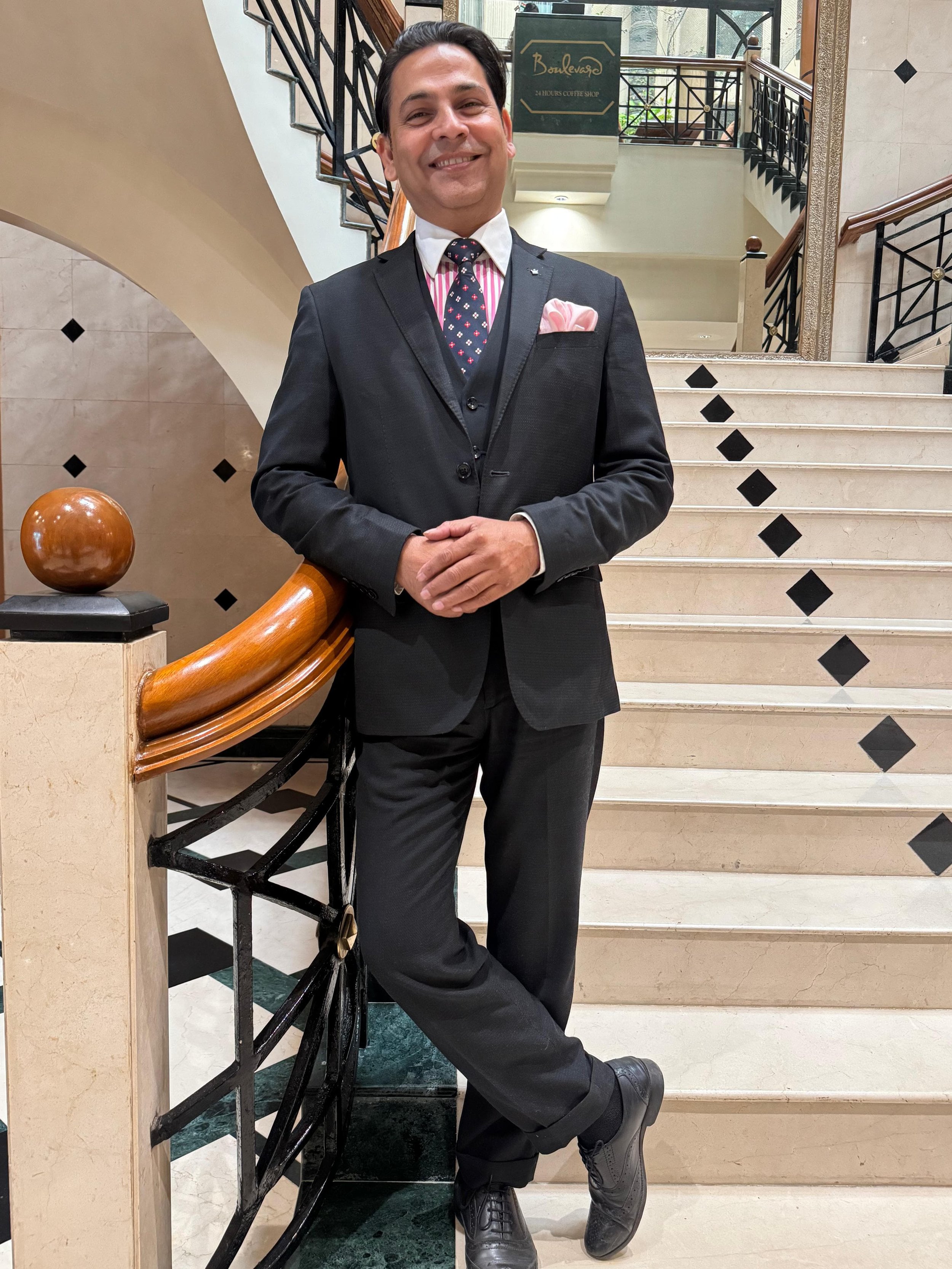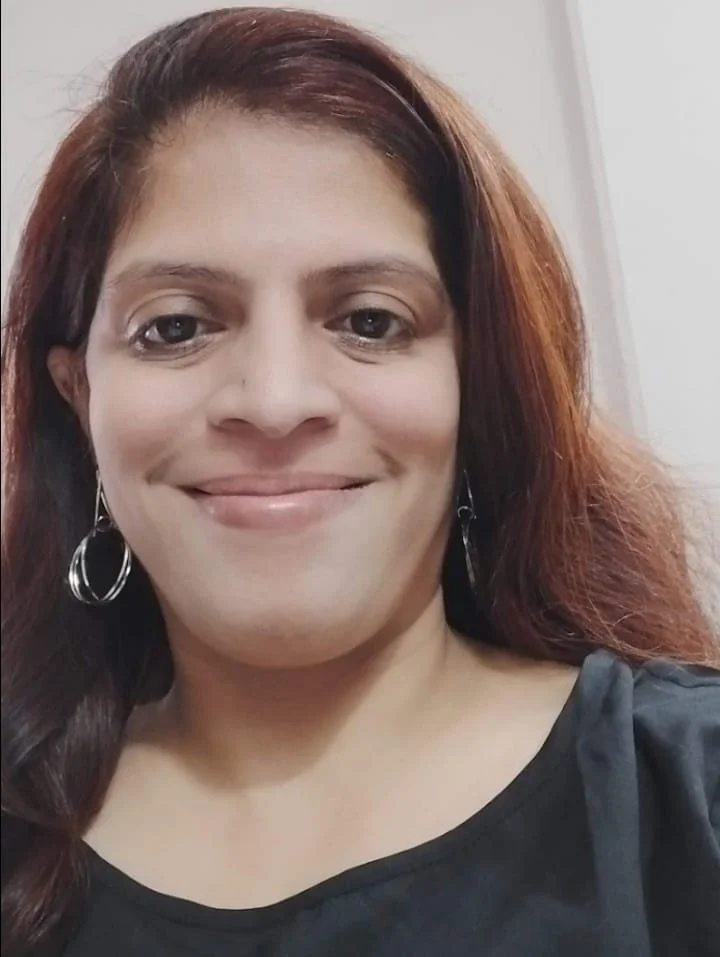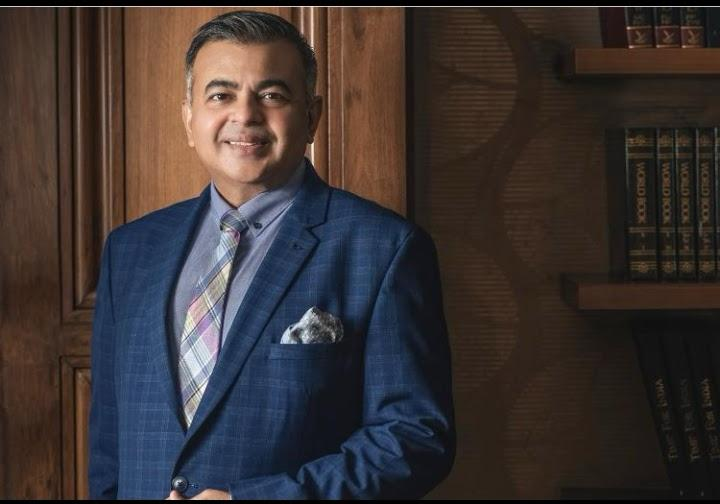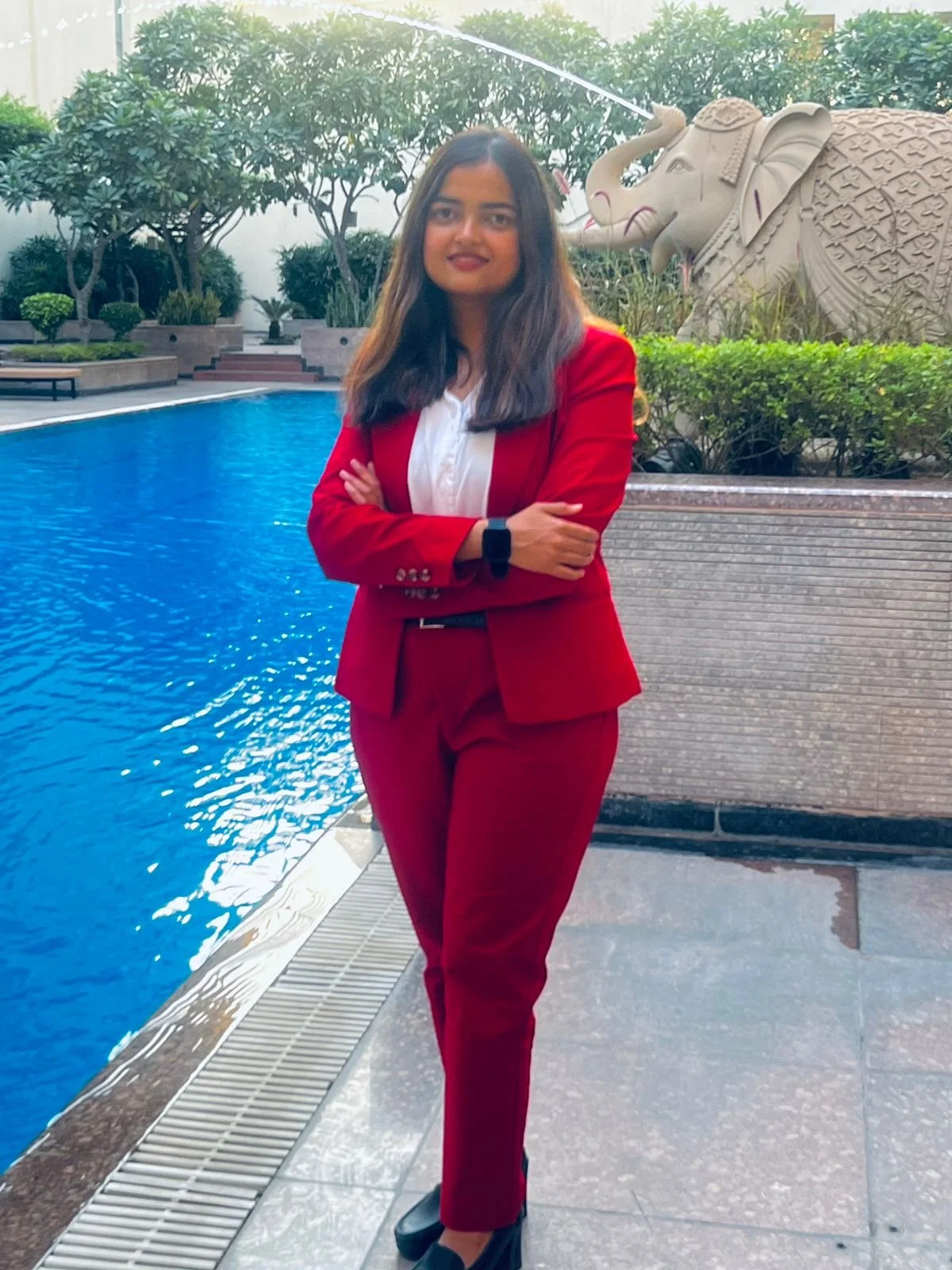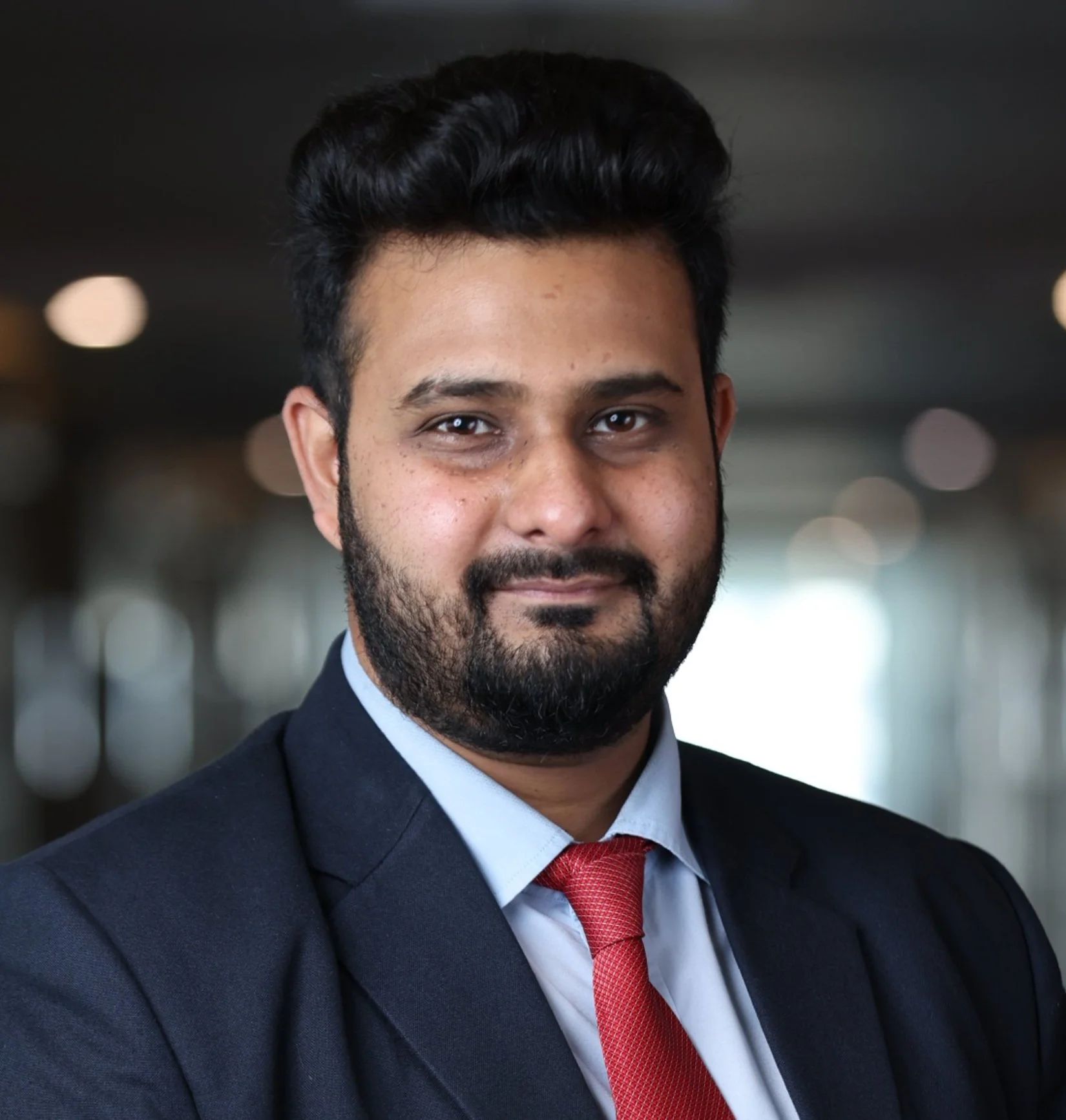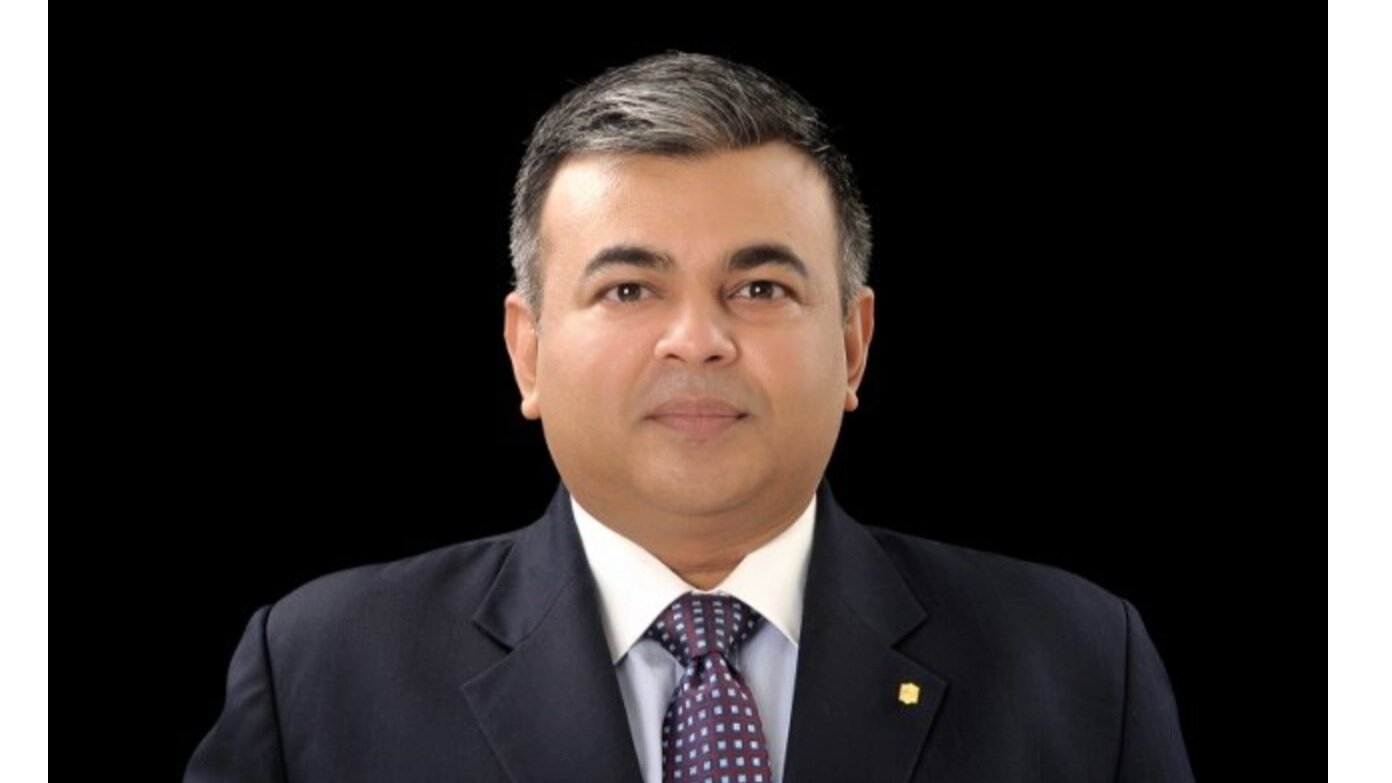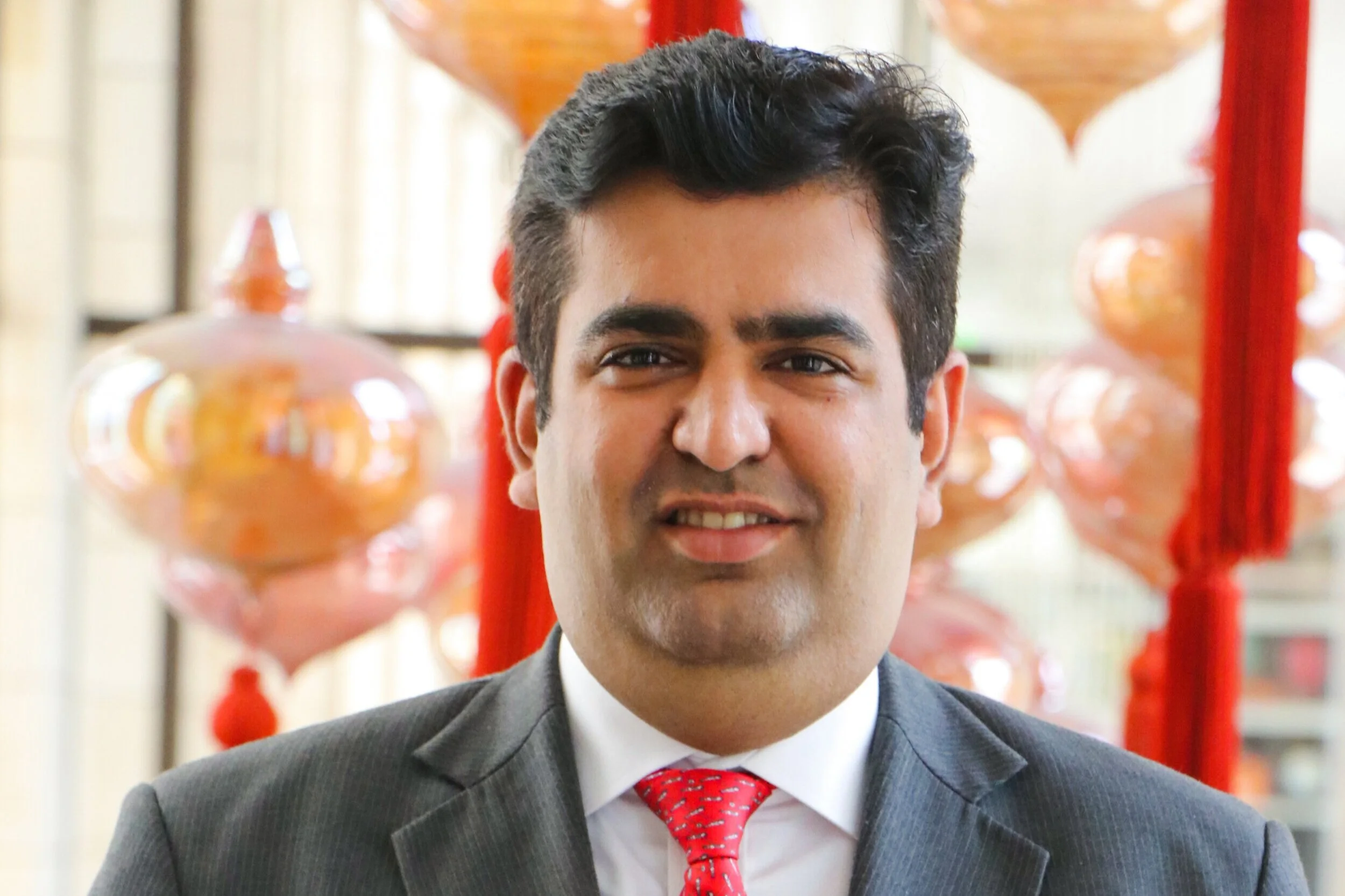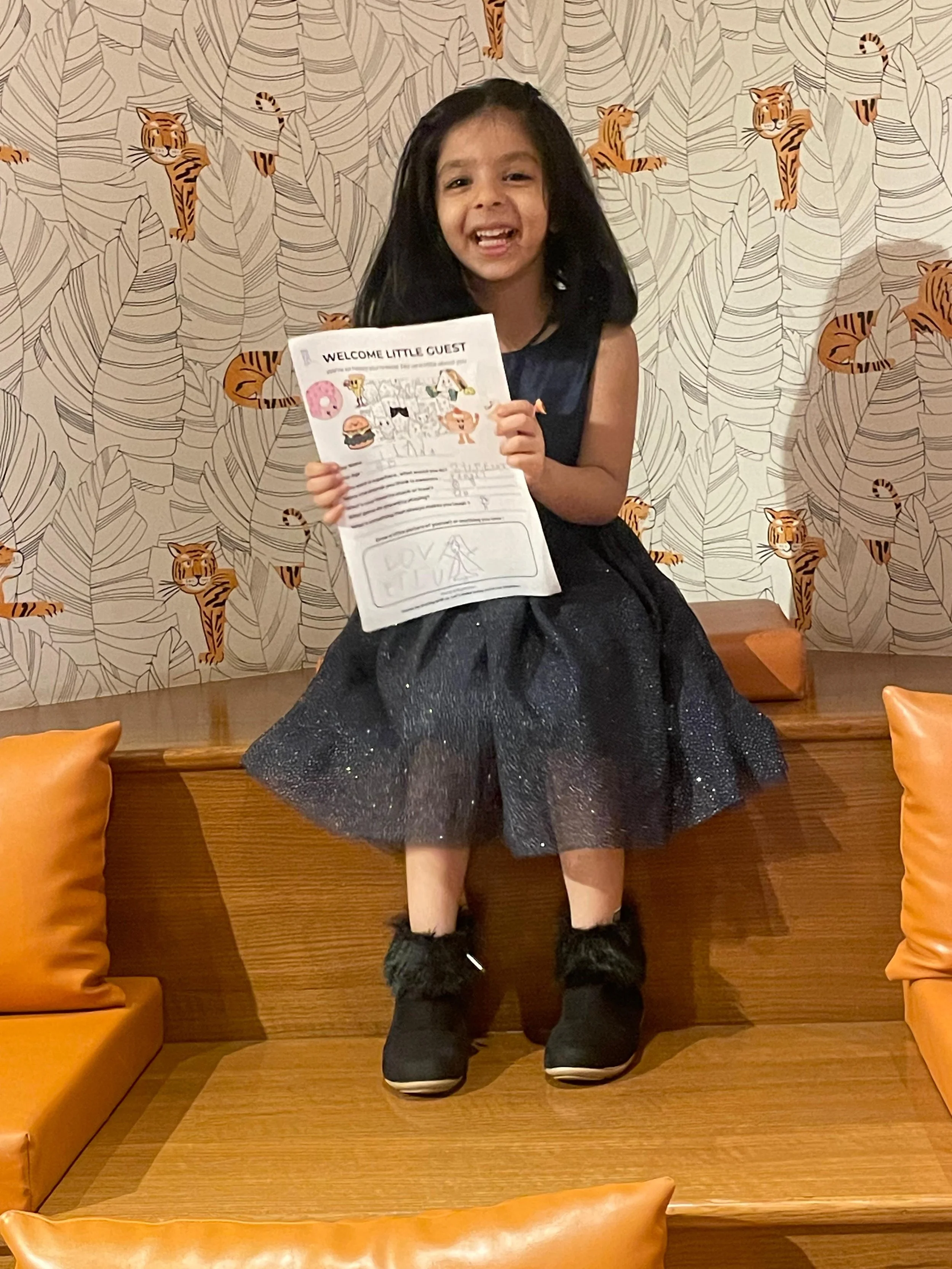Exclusive Interview | Rajan Malhotra, Director of Sales and Marketing, Fairmont Udaipur Palace
/“Everyone is a sales person in life, you just need to understand and start enjoying it in your professional life as well. ”
Congratulations on your new role as Director of Sales and Marketing at Fairmont Udaipur Palace! What drew you to this opportunity, and what is your vision for the hotel’s launch?
Firstly, thank you for your kind words. Having previously worked with Accor and had the privilege of opening the first Raffles in the country, it's truly rewarding to return to a brand that holds such fond memories for me. With the Fairmont Udaipur Palace, I’m excited about the opportunity to apply the skills I’ve honed over the past 20 years. It’s an honor to contribute to the launch of what will be the largest luxury hotel in Rajasthan, not just Udaipur.
With your extensive pre-opening experience, what are the key challenges and opportunities you anticipate when launching a new luxury hotel like Fairmont Udaipur Palace?
Opening a new property always brings fresh learning opportunities, especially with the numerous brand aspects to consider. One of the biggest challenges today is assembling the right team with the right mindset. We have a unique chance to tap into an underserved market in Udaipur, as there are currently no luxury hotels with more than 300 rooms and extensive banqueting facilities. Our goal is to introduce a new segment for large conferences and MICE events, while continuing to focus on weddings.
We also aim to assure our luxury inbound partners that we offer a product that not only embodies luxury but also delivers exceptional experiences to clients from around the globe.
Having worked with renowned brands like Conrad, Raffles, Shangri-La, and Le Méridien, how has each experience shaped your approach to sales and marketing in the hospitality industry?
Over the years, the hospitality landscape in India has evolved significantly, and so have people's expectations. Today, guests seek more personalized services from luxury hotels; it's no longer just about having an exceptional product. To truly meet their needs, intuitive and bespoke service is essential. Achieving this requires having the right team in place and delivering services that align with client expectations. In the past, the focus was primarily on the product, with personalization being an added bonus. However, the emphasis now is on providing value for money and creating memorable experiences.
Can you share a memorable project or initiative that you led at Conrad Bengaluru that significantly impacted the hotel’s commercial success?
The pandemic has been challenging for all of us, and as we emerged in 2022, we recognized that today’s clients seek both memorable experiences and value for their money. In response, we adjusted our approach to banquets by implementing a minimum revenue requirement for the venue instead of charging a standard hall hire fee. This change allowed clients to better utilize their budget at the hotel and also improved our top line performance. While this practice was already common in Mumbai, it was new for Bangalore.
Now, it’s become standard across hotels in Bangalore, benefiting both the hotels and clients by enhancing revenue while ensuring clients receive value for their investment.
As someone who has managed teams across various luxury hotels, what are the most important leadership qualities that you believe drive a successful sales and marketing team?
I believe that showing trust in your team and consistently offering your support makes all the difference. Today’s generation is incredibly talented and smart, they thrive when given clear direction and the freedom to work in their own style. It’s essential to create personalized plans for each team member and recognize their individual strengths. By treating each person uniquely and providing the right balance of guidance and autonomy, you'll help them excel and achieve great results.
In today’s rapidly evolving hospitality landscape, what trends do you see shaping the future of sales and marketing in luxury hotels, and how are you preparing to adapt to them?
As I’ve said before, in luxury hospitality, it's not just about having a great product; it’s about offering something unique to each client. For us working in this space, staying in tune with the latest trends and really understanding what our clients arelooking for is essential. We need to deliver solutions with a special touch that creates lasting memories. Ultimately, luxury hospitality is all about crafting unforgettable experiences.
How do you approach the challenge of balancing innovative marketing strategies with maintaining the classic elegance and appeal of luxury brands?
Marketing is an ever-evolving field, and we need to stay ahead of the curve. Today, social media is a major player, but it's equally important to maintain a balance with classic marketing methods, as they reach their own distinct audiences. For luxury hotels, it's crucial not to overlook any opportunities, as each one contributes significantly to positioning the product in the market.
Can you provide some insights into how cultural differences across regions like Udaipur, Bangalore, and New Delhi influence your marketing strategies and customer engagement?
Cultural differences play a crucial role in shaping our marketing strategies and customer engagement across diverse regions like Udaipur, Bangalore, and New Delhi. Each of these cities has a distinct identity, which allows us to craft highly localized and culturally resonant campaigns.
In Udaipur, the city's rich heritage and royal lineage inspire us to focus on experiences that celebrate tradition and grandeur. Our marketing in Udaipur is heavily influenced by its historical significance, with a strong emphasis on luxury, exclusivity, and cultural immersion. We engage our audience through events that highlight the region's royal past, such as heritage festivals, and by offering personalized experiences that connect guests with the city's legacy.
Bangalore, on the other hand, is a vibrant and cosmopolitan hub, known for its youthful, tech-savvy population. Here, our approach is more dynamic and innovation-driven. We prioritize digital platforms and interactive content to engage with a modern audience that values technology and contemporary culture. Our events often revolve around cutting-edge themes, from tech innovations to modern art, reflecting the city's forward-thinking spirit.
In New Delhi, we find a unique blend of tradition and modernity. As the capital city with a diverse population, our strategy is to create a balance that resonates with both the traditional and contemporary aspects of the city. Our campaigns often highlight New Delhi's rich historical background while also catering to the urban lifestyle. We utilize a multi-channel approach, combining both digital and traditional media, to reach a wide and varied audience.
By understanding and respecting these cultural distinctions, we can create more meaningful connections with our audience, ensuring that our messaging and experiences are not only relevant but also deeply engaging across these diverse regions.
What role does technology play in your sales and marketing strategies, and are there any specific tools or platforms that you find particularly effective?
Technology is essential in today’s world and plays a crucial role in the commercial success of a hotel. It enables us to track and analyze market trends, allowing us to strategically adjust our demand and pricing strategies.
Looking back at your career journey, what advice would you give to aspiring hospitality professionals who wish to follow a similar path in sales and marketing?
You need to be passionate about selling the product and services, it's not always the easy but you need to be persuasive and need that patience in sales. Please give yourself time and keep developing your knowledge and work on your own self. You need to understand the client's needs and give them solution rather then selling your product. Everyone is a sales person in life, you just need to understand and start enjoying it in your professional life as well.


